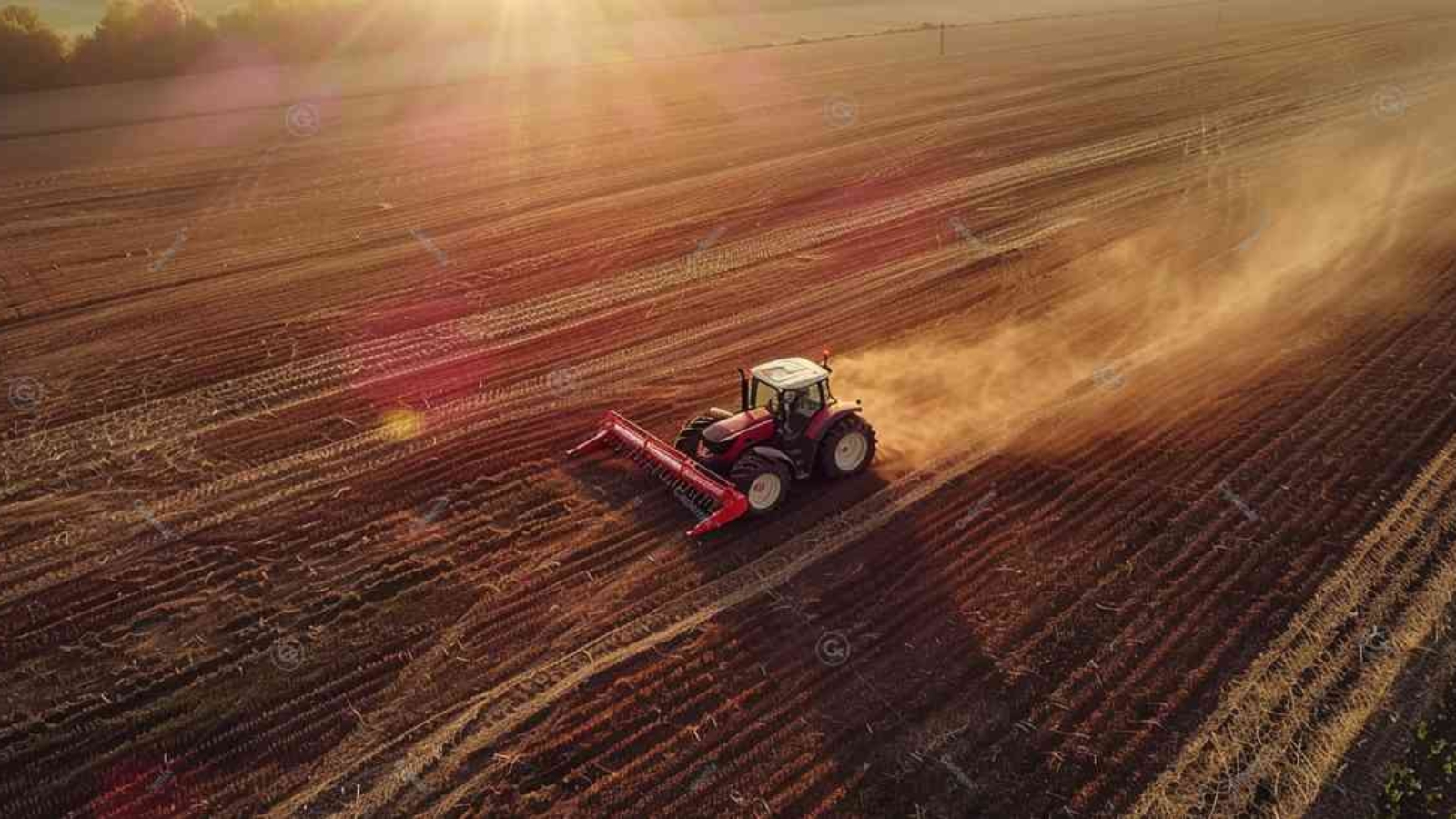This comprehensive guide explores the process of buying farmland for sale by owner (FSBO), offering valuable insights and practical tips for prospective buyers. Covering the benefits and challenges of FSBO transactions, it outlines key steps such as determining requirements, conducting due diligence, and securing financing. The guide also provides country-specific advice for purchasing farmland in various European countries, including Austria, Switzerland, Croatia, Poland, and other Eastern European nations. By addressing legal considerations, financial incentives, and sustainable practices, this guide aims to equip buyers with the knowledge needed to make informed decisions and successfully acquire agricultural property directly from owners.
Cademix Instute of Technology-Agriculture Editorial Board
Introduction
Buying farmland directly from owners can offer unique opportunities and benefits for prospective buyers. This guide provides a comprehensive overview of the process, strategies, and considerations for purchasing farmland for sale by owner. We aim to equip buyers with the knowledge and tools needed to make informed decisions and successfully navigate the complexities of acquiring agricultural property.
It is necessary to explain that in the modern point of view the places related to Agriculture in a controlled environment (ACE) are also considered as agricultural lands
Keywords: farmland for sale by owner, buying farmland, agricultural real estate, land acquisition, farm property
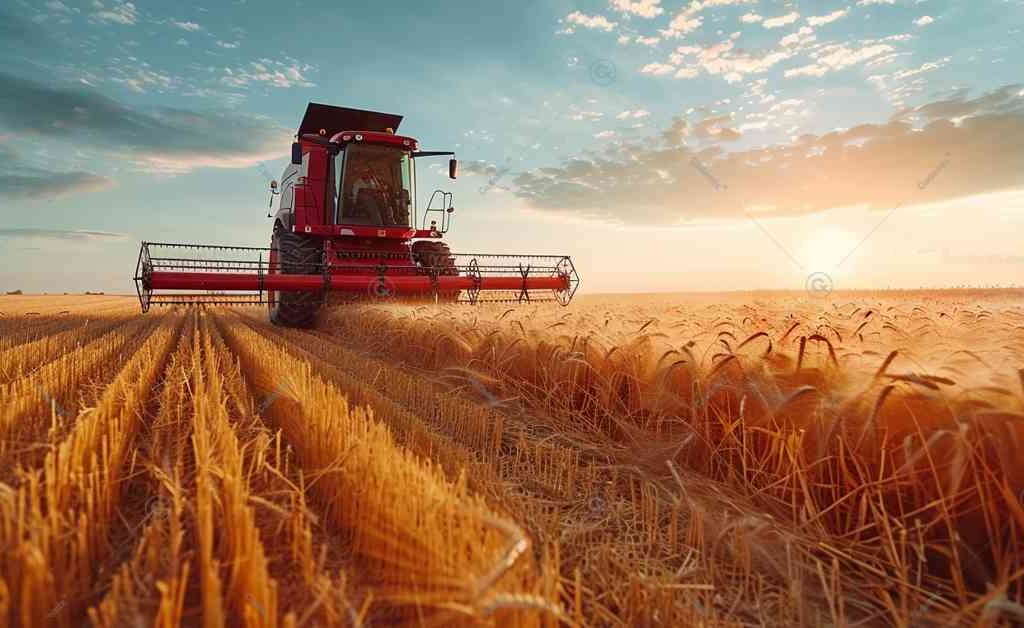
Understanding Farmland for Sale by Owner
What Is “For Sale by Owner” (FSBO)?
“For Sale by Owner” (FSBO) refers to a property sale where the owner sells the property without involving a real estate agent. This approach can be beneficial for both the seller and the buyer, as it often reduces transaction costs and allows for more direct negotiation. FSBO sales require the buyer to be more proactive in their due diligence and negotiation processes.
Benefits of Buying Farmland FSBO
- Cost Savings: Without the involvement of real estate agents, both parties can save on commission fees, which are typically around 5-6% of the sale price.
- Direct Communication: Buyers and sellers can communicate directly, facilitating clearer and more efficient negotiations.
- Negotiation Flexibility: Sellers may be more willing to negotiate terms and price when dealing directly with the buyer.
Potential Challenges of Buying Farmland
- Increased Responsibility: Buyers need to conduct thorough due diligence, including property inspections, legal checks, and financial evaluations.
- Limited Market Exposure: FSBO properties may have less exposure, making them harder to find than those listed with real estate agents.
- Legal and Paperwork Complexity: Navigating the legal aspects and paperwork without professional assistance can be challenging and time-consuming.
Steps to Buying Farmland for Sale by Owner
1. Determine Your Requirements
Assess Your Needs
Before starting your search, determine your specific requirements for the farmland. Consider factors such as:
- Size: The amount of land needed for your intended agricultural activities.
- Location: Proximity to markets, infrastructure, water sources, and other relevant factors.
- Soil Quality: The type of soil and its suitability for your intended crops or livestock.
- Climate: The local climate and its impact on agricultural productivity.
Set a Budget for Buying Farmland
Establish a clear budget that includes not only the purchase price but also additional costs such as taxes, legal fees, and any necessary improvements or equipment.
2. Search for Properties in order to Buying Farmland
Online Listings
Look for farmland FSBO listings on specialized websites and platforms. Some popular options include:
- Craigslist: A common platform where owners list properties for sale.
- LandWatch: A site dedicated to rural properties and land for sale.
- Zillow: While primarily residential, it occasionally lists agricultural properties.
Local Classifieds and Community Boards
Check local newspapers, community bulletin boards, and agricultural publications for FSBO listings. Networking with local farmers and attending agricultural fairs can also provide leads on available properties.
3. Conduct Due Diligence
Property Inspection
Arrange for a thorough inspection of the property to assess its condition and suitability. Consider hiring professionals to evaluate:
- Soil Quality: Conduct soil tests to determine fertility and suitability for your intended use.
- Water Resources: Assess the availability and quality of water sources, such as wells, rivers, or irrigation systems.
- Structures and Infrastructure: Inspect any existing buildings, fences, roads, and other infrastructure.
Legal and Zoning Checks
Verify the legal status of the property, including:
- Title Search: Ensure the seller has a clear title to the property and there are no liens or encumbrances.
- Zoning Laws: Confirm the property is zoned for agricultural use and check for any restrictions or future developments that may impact its use.
- Environmental Regulations: Check for any environmental regulations or restrictions that may affect farming activities.
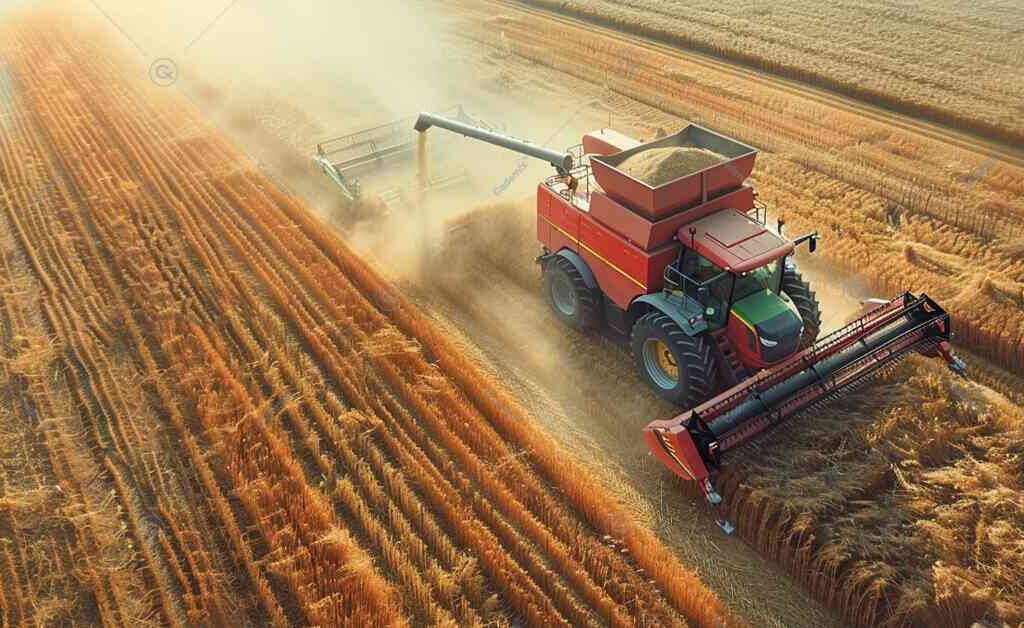
4. Negotiate for Buying Farmland
Direct Negotiation
Engage in direct negotiations with the owner to agree on a fair purchase price and terms. Be prepared to discuss:
- Price: Based on market research and property evaluation, make an offer that reflects the property’s value.
- Financing: Discuss payment options, including cash purchase, seller financing, or obtaining a loan.
- Contingencies: Include contingencies in the purchase agreement, such as obtaining financing, satisfactory inspections, and clear title.
Draft a Purchase Agreement
Once terms are agreed upon, draft a purchase agreement that outlines all conditions and terms of the sale. Consider hiring a real estate attorney to ensure the agreement is legally sound and comprehensive.
5. Secure Financing for buying Farmland
Financing Options
Explore various financing options if you are not paying cash for the property:
- Traditional Bank Loans: Agricultural loans from banks or credit unions.
- Farm Credit Services: Specialized financial services for agricultural properties.
- Seller Financing: An agreement where the seller finances the purchase, and the buyer makes payments directly to them.
Loan Application for Buying FarmlanPrepare a detailed business plan and financial statements to support your loan application. Be ready to provide information about the property’s value, your agricultural experience, and your plans for the land.
6. Close the Sale
Final Steps for buying Farmland
Complete the final steps to close the sale:
- Final Inspection: Conduct a final walk-through to ensure the property is in the agreed-upon condition.
- Title Transfer: Work with a title company or attorney to complete the title transfer and ensure all legal documents are properly filed.
- Payment: Arrange for the payment of the purchase price and any closing costs.
Post-Sale Considerations
After the sale is finalized, take the following steps:
- Insurance: Obtain property insurance to protect your investment.
- Utilities and Services: Arrange for utilities and services, such as water, electricity, and waste management.
- Land Improvements: Plan and execute any necessary land improvements, such as fencing, irrigation systems, or building repairs.
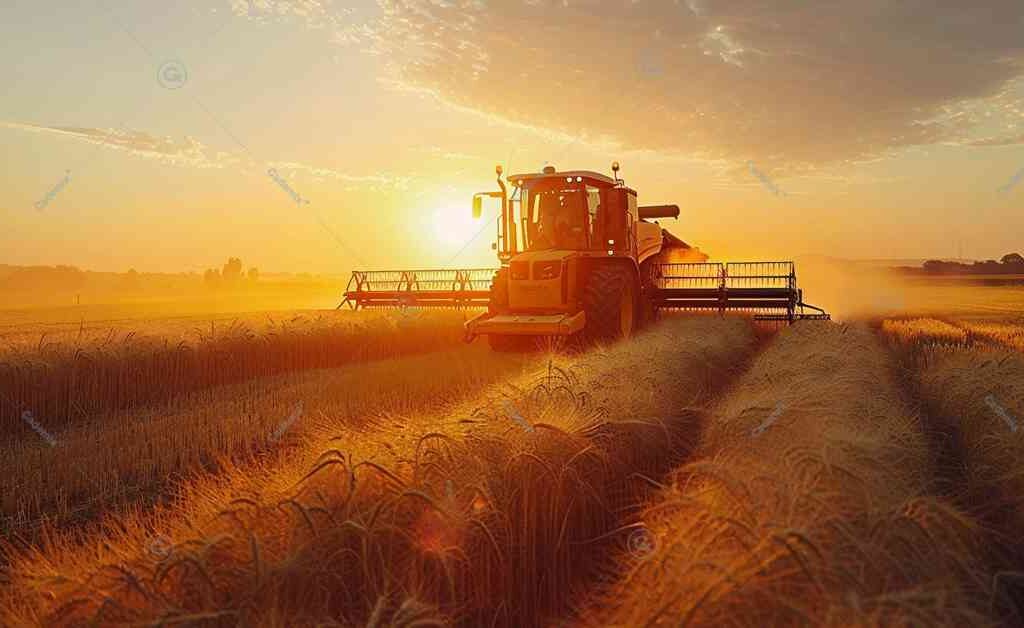
Tips for a Successful Purchase
Leverage Professional Expertise
While FSBO transactions eliminate the need for a real estate agent, consider engaging other professionals to assist with the process:
- Real Estate Attorney: Ensure the legal aspects of the transaction are handled correctly.
- Agricultural Consultant: Provide insights on the property’s suitability for your intended agricultural activities.
- Financial Advisor: Assist with budgeting and financing options.
Build Relationships with Local Farmers
Networking with local farmers can provide valuable information and support. They can offer insights into the local agricultural community, potential challenges, and opportunities.
Stay Informed About Market Trends
Keep abreast of market trends and property values in your target area. This knowledge will help you make informed decisions and negotiate effectively.
Plan for the Long Term
Consider your long-term goals and plans for the property. Ensure the land can support your agricultural activities and future growth.
Tips and Tricks for Buying Farmland for Sale by Owner in Europe
Buying farmland in Europe can present unique opportunities and challenges depending on the country. Here are some tips and tricks tailored to various countries in Europe to help prospective buyers navigate the process effectively:
Buying Farmland in Germany
Understanding Land Regulations
- Land Use Laws: Germany has strict zoning and land use laws. Ensure the land is zoned for agricultural use before purchasing.
- Building Restrictions: Be aware of any building restrictions on the property, as converting agricultural land for residential or commercial use can be challenging.
Financial Incentives for Buying FarmLand
- Subsidies and Grants: Germany offers various subsidies and grants for sustainable farming practices and young farmers. Research available programs to reduce financial burdens.
- Low-Interest Loans: Look into low-interest loans provided by government programs and agricultural banks to finance your purchase.
Legal Support for Buying FarmLand
- Hire a Notary: In Germany, a notary must handle the property transaction. Choose a notary who specializes in agricultural land deals to ensure a smooth process.
- Legal Advice: Engage a local lawyer to help navigate any legal complexities, especially concerning inheritance laws and land succession.
Buying FarmLand in France
Navigating SAFER
- SAFER (Sociétés d’Aménagement Foncier et d’Établissement Rural): These agencies have the right of first refusal on rural land sales. Notify SAFER about your intent to purchase and be prepared for their potential intervention.
- SAFER Assistance: SAFER can also help identify available farmland and provide valuable market insights.
Financing Options
- Government Loans: Explore loans and grants from French agricultural agencies, such as the Young Farmers’ Grant (Dotation Jeune Agriculteur).
- Bank Financing: French banks offer favorable loan terms for agricultural land purchases. Having a solid business plan will aid in securing financing.
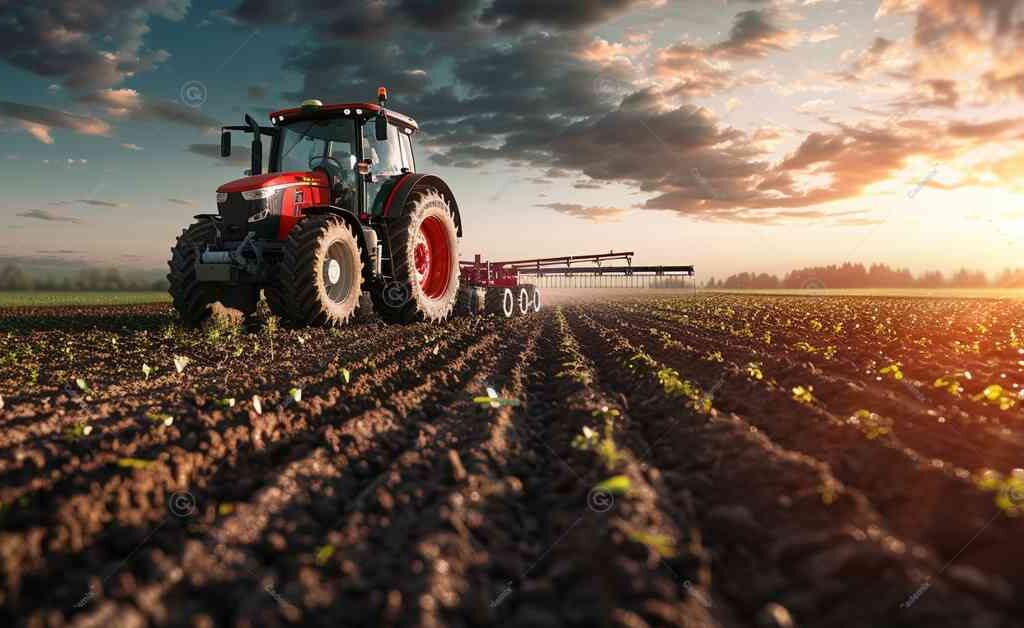
Agricultural Cooperatives for Buying FarmLand
- Join Cooperatives: French agricultural cooperatives provide support, resources, and collective bargaining power. Joining a cooperative can offer benefits such as access to shared equipment and marketing assistance.
Buying FarmLand in Italy
Land Use and Zoning
- Agricultural Zoning: Verify the land’s zoning status to ensure it can be used for agricultural purposes. Some regions have restrictions on land use changes.
- Protected Areas: Be cautious if the land is within a protected area or national park, as there may be additional regulations and restrictions.
Financial Assistance
- EU Funds: Italy benefits from EU agricultural funds. Look into programs like the European Agricultural Fund for Rural Development (EAFRD) for financial support.
- National Incentives: Research national incentives for organic farming and sustainable agriculture to reduce initial investment costs.
Cultural Considerations
- Local Knowledge: Engage with local farmers and agricultural experts to understand regional practices and challenges.
- Language Barriers: Consider hiring a bilingual lawyer or consultant to assist with the transaction and communicate effectively with local authorities.
Buying FarmLand in Spain
Water Rights
- Irrigation Needs: In regions with limited rainfall, securing water rights is crucial. Ensure the property has adequate water resources or legal rights to irrigation.
- Water Infrastructure: Assess the condition and availability of existing water infrastructure on the property.
Financing and Incentives
- Government Grants: Spain offers grants and subsidies for modernizing agricultural practices and supporting young farmers. Investigate available programs to offset costs.
- Agricultural Loans: Spanish banks provide specialized agricultural loans with competitive interest rates. A detailed business plan will aid in securing financing.
Rural Development Programs
- EU Rural Development Programs: Spain participates in various EU rural development programs that offer financial and technical support to farmers. Explore these opportunities to enhance your agricultural operations.
Buying FarmLand in Netherlands
Environmental Regulations
- Sustainability Requirements: The Netherlands has stringent environmental regulations. Ensure compliance with sustainability requirements and consider adopting organic or sustainable farming practices.
- Natura 2000 Sites: Be aware of Natura 2000 sites, which are protected areas with specific conservation requirements that may affect land use.
Market Access
- Proximity to Markets: The Netherlands has a well-developed agricultural market network. Consider the property’s proximity to major markets, transportation hubs, and processing facilities.
- Export Opportunities: The Dutch agricultural sector is export-oriented. Research opportunities for exporting your produce to maximize profitability.
Financial Support
- Agricultural Grants: Investigate grants and subsidies provided by the Dutch government and the EU for innovative and sustainable agricultural projects.
- Bank Loans: Dutch banks offer favorable loan conditions for purchasing agricultural land, especially for young and innovative farmers.
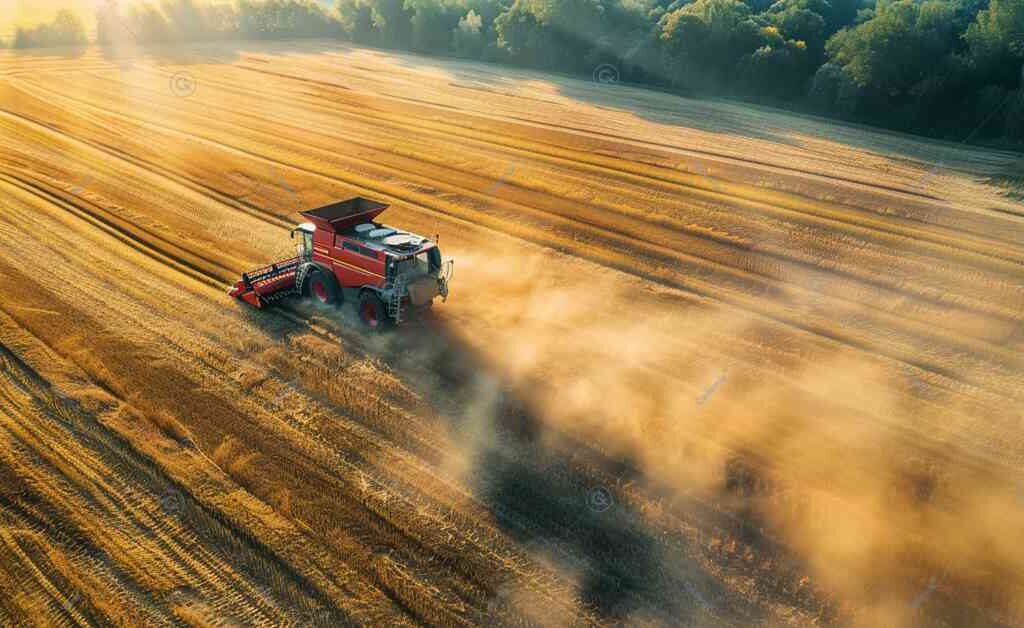
Buying FarmLand in United Kingdom
Land Use and Planning
- Planning Permission: Ensure the land has the necessary planning permissions for agricultural use. Converting land use can be challenging and require additional permissions.
- Agricultural Restrictions: Be aware of any agricultural restrictions, such as protected landscapes or conservation areas, which may impact land use.
Financial Incentives
- Defra Grants: The Department for Environment, Food & Rural Affairs (Defra) offers grants and subsidies for agricultural improvements and sustainability projects.
- EU Funds: Although the UK has left the EU, some transitional arrangements and funding opportunities may still apply. Check for available support programs.
Networking and Support
- Agricultural Associations: Join agricultural associations and cooperatives for support, resources, and networking opportunities.
- Local Expertise: Engage with local agricultural consultants and advisors to navigate regional regulations and optimize your farming operations.
Buying FarmLand in Austria
Legal Considerations
- Land Use Regulations: Austria has strict land use and zoning laws. Verify that the land is designated for agricultural use and understand any restrictions that might apply.
- Purchase Restrictions: Non-EU citizens may face restrictions on purchasing agricultural land. Check local regulations and consider obtaining legal advice.
Financial Support
- Subsidies and Grants: Austria offers numerous subsidies and grants for sustainable farming, organic agriculture, and young farmers. Research programs offered by the Austrian Ministry of Agriculture.
- Bank Loans: Austrian banks provide favorable loan conditions for agricultural land purchases. Ensure you have a detailed business plan to secure financing.
Environmental Practices
- Organic Farming: Austria has a strong emphasis on organic farming. Consider adopting organic practices to benefit from subsidies and market demand.
- Biodiversity Conservation: Be aware of environmental regulations aimed at preserving biodiversity, especially if the land is in a protected area.
Buying FarmLand in Switzerland
Land Use and Zoning
- Agricultural Land Law (BGBB): The Swiss Agricultural Land Law regulates the sale and use of agricultural land to ensure it remains available for farming. Familiarize yourself with these regulations.
- Zoning Restrictions: Verify the zoning status of the land and ensure it is designated for agricultural use. Converting agricultural land to other uses can be challenging.
Financial Assistance
- Subsidies and Grants: Switzerland provides various subsidies and grants for sustainable agriculture, biodiversity conservation, and rural development. Check with the Federal Office for Agriculture (FOAG) for available programs.
- Farm Credit: Swiss banks offer specialized credit facilities for agricultural land purchases. Prepare a comprehensive business plan to facilitate loan approval.
Sustainable Practices
- Mountain Farming: If purchasing land in mountainous areas, consider practices that enhance sustainability and productivity in these challenging environments.
- Climate Adaptation: Adopt climate-smart practices to mitigate the impacts of climate change on agriculture in Switzerland.
Buying FarmLand in Croatia
Legal and Regulatory Framework
- Land Ownership Laws: Understand the legal framework governing land ownership and sales in Croatia. Non-EU citizens may face restrictions and additional requirements.
- Zoning and Land Use: Ensure the land is zoned for agricultural use and be aware of any restrictions or regulations that may apply.
Financial Incentives
- EU Funds: Croatia benefits from EU agricultural funds. Research available programs under the European Agricultural Fund for Rural Development (EAFRD) for financial support.
- National Grants: Look into national grants and subsidies for sustainable farming practices, organic agriculture, and rural development.
Market Access and Infrastructure
- Local Markets: Consider the property’s proximity to local markets and infrastructure, including transportation networks and storage facilities.
- Tourism Integration: Explore opportunities to integrate agritourism with traditional farming practices to diversify income sources.
Buying FarmLand in Poland
Legal Considerations
- Land Purchase Restrictions: Non-EU citizens face restrictions on purchasing agricultural land in Poland. Ensure you understand the legal requirements and seek legal advice if necessary.
- Land Registry: Verify the property’s title and ownership status through the local land registry office.
Financial Support
- Subsidies and Grants: Poland offers a range of subsidies and grants for farmers, including those for young farmers, sustainable practices, and rural development. Check with the Agency for Restructuring and Modernisation of Agriculture (ARMA) for details.
- Bank Loans: Polish banks provide agricultural loans with favorable terms. Having a solid business plan will aid in securing financing.
Agricultural Practices
- Sustainable Farming: Poland is promoting sustainable and organic farming practices. Adopting these practices can qualify you for additional subsidies and support.
- Crop Diversification: Consider crop diversification strategies to enhance resilience and productivity.
Other Eastern European Countries (e.g., Hungary, Romania, Bulgaria)
Legal Framework and Restrictions
- Land Ownership Laws: Understand the specific land ownership laws in each country. Non-EU citizens may face restrictions and should seek legal advice.
- Zoning Regulations: Verify that the land is zoned for agricultural use and understand any restrictions on land use changes.
Financial Incentives
- EU Agricultural Funds: Many Eastern European countries benefit from EU agricultural funds. Research programs under the Common Agricultural Policy (CAP) for financial support.
- National Support Programs: Investigate national support programs for sustainable agriculture, organic farming, and rural development.
Market and Infrastructure
- Local and Export Markets: Assess the property’s proximity to local markets and export opportunities. Consider infrastructure needs such as transportation and storage.
- Cooperative Membership: Joining local agricultural cooperatives can provide access to shared resources, better market prices, and technical support.
Sustainable Practices
- Adopting Best Practices: Implement sustainable agricultural practices to enhance soil health, biodiversity, and productivity. This can also make you eligible for various subsidies.
- Climate Adaptation: Focus on climate-smart agriculture practices to mitigate the impacts of climate change on your farming activities.
Buying farmland for sale by owner offers a unique opportunity to acquire property directly from sellers, potentially saving on costs and negotiating terms more flexibly. By following a thorough and informed process, prospective buyers can navigate the complexities of FSBO transactions and secure farmland that meets their needs. This comprehensive guide aims to provide valuable insights and practical tips to help buyers successfully acquire agricultural land, ensuring a smooth and beneficial transaction. Whether you’re a new farmer looking to start your agricultural journey or an experienced farmer seeking to expand your operations, understanding the specific considerations and opportunities in different European countries can enhance your success in buying farmland for sale by owner.
Conclusion
Purchasing farmland for sale by the owner can be a rewarding and cost-effective way to acquire agricultural property. By following a thorough and informed process, buyers can successfully navigate the complexities of FSBO transactions and secure land that meets their needs. This comprehensive guide aims to provide prospective buyers with the knowledge and tools necessary to make informed decisions and achieve success in their land acquisition endeavors.

